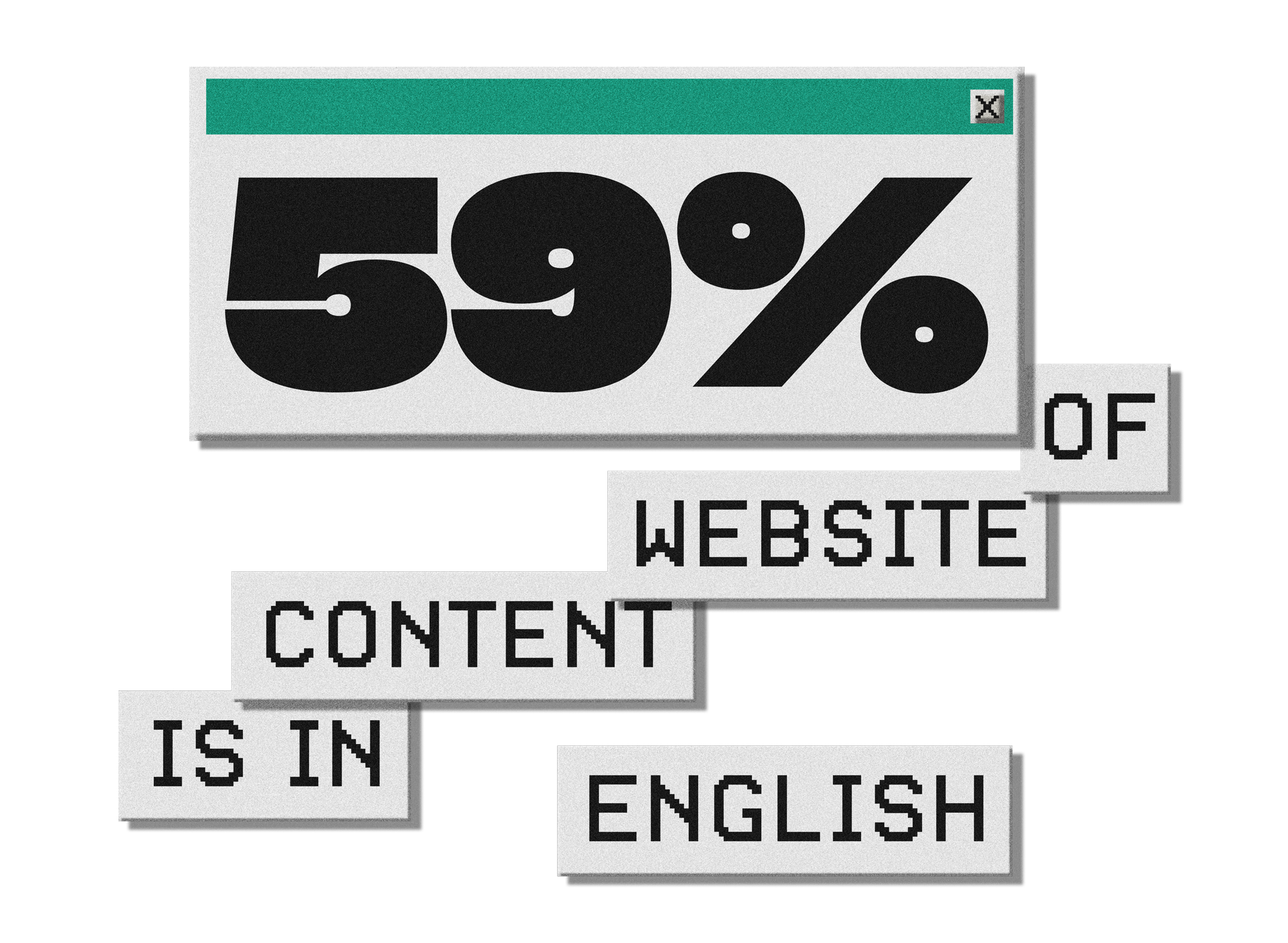At Bellweather, our experience building SEO strategies has given us valuable expertise in delivering websites that not only look great but are optimized for the web to make Google—and your wide range of audiences—happy. Our website relaunches for Halfiax, MetroPlusHealth, and Visit Alexandria all showcase our SEO recommendations in action. In this article, we’ll share three reasons why SEO should be a part of your website strategy, and how it positively impacts your positioning with AI.
But what is SEO, and why should it be a part of your digital strategy?
We’re so glad you asked.
What is SEO?
Let’s start with the basics: What is SEO?
SEO stands for Search Engine Optimization. Search Engine Optimization is exactly what it sounds like—ways to optimize and enhance your website to make it more accessible for search engines to find your site’s content. The goal of SEO is to increase your website’s traffic from search engines—for example, if you’re a travel and tourism group that wants those traveling to Los Angeles to find you, SEO helps your website appear when someone searches for key terms like, “what to do in Los Angeles.”
In short, SEO practices enhance a website by making it more relevant and authoritative (aka, optimized) for search engines like Google and Bing.
SEO is not one thing: it’s many good habits working together
The important thing to remember about SEO is that it’s a set of practices that fall under content and technical aspects. SEO is the wider umbrella, and the practices that fall under SEO all work together to make your site as optimized as possible for search engines to favor your content.
The more SEO practices you implement, the better your rankings—where you appear when someone searches for specific terms—will be. Some of these practices include:
- Keyword research
- Checking page speed
- Structured data implementation
Combining habits together helps ensure your page is doing everything it can to land in front of your focus audiences.
SEO isn’t flashy and works similarly to how makeup artists, hair stylists, and supporting staff come together to make a star shine on their big day. This level of polish helps introduce your brand to a wider range of audiences while you’re at your best. Making SEO a part of the build ensures the design, user experience, and content reaches the widest audience possible.
SEO is a crucial part of digital strategy
So, why should SEO be a part of your digital strategy? To start:
I. SEO Enhances Any Digital Strategy
SEO can enhance any digital strategy. Whether you’re rebranding your website from the ground up or planning new landing pages to correspond with an upcoming event or campaign, SEO elements can be carried throughout your digital strategy so Google can find your website and push it in front of relevant audiences who are specifically searching for related content.
Organic Search vs. Paid Search
Enterprise marketing requires both organic search optimization alongside paid search optimization. But brands cannot rely on just paid search. For larger context:

Paid, local, images and video search accounts for the minority of clicks—27% in comparison.
(source) Organic search is crucial for engagement, even with a paid search strategy in place.
II. SEO Thinks About Your Audience First
SEO is all about your audience. Because SEO research provides key insights on how your audience searches for things, what they’re looking for, and where you might be losing them on their digital journey, you can hone in and revamp your content accordingly. When thinking about your audience, don’t forget to go beyond demographics—think about culture and language, too.
Multilingual SEO
SEO also helps you remember that your content should be understandable by a wider audience, contributing to higher engagement and retention rates over time.
While most sites are in English, audiences are diversifying and expecting brands to understand them individually. In the United States alone, “13 percent of the population speaks Spanish at home, earning it the title of the most common non-English language spoken.” (source: Forbes) Because of these key insights, SEO findings improve the overall user experience over time and show your brand’s commitment to user-friendliness and inclusivity.
An added benefit? Having multilingual SEO can give you a competitive advantage over those who only focus on a single-language SEO strategy. In addition, if you’re looking to diversify your audience base and reach users globally, having a multilingual SEO strategy will establish your brand as accessible, inclusive, and relevant to audiences worldwide.
III. SEO Establishes You As an Expert In Your Field—and Helps with AI
Because SEO practices are built around making search engines happy, when you follow an SEO strategy, search engines push your content to the front of the line — enhancing your visibility, credibility, and authority within your space. Simply put, if you have SEO as part of a digital strategy and Google starts to “favor” your content, marking you as an “expert” in your field. The happier search engines are, the more likely they push your content to appear in search results.
What about AI?
AI models like Google Gemini and ChatGPT pull and promote information from the best of the internet. They find this best-of-the-best content from content that is already ranking well in organic search and checks off the boxes of both onsite and technical SEO strategies.
Simply put, good SEO practices (and strong content!) put your brand in front of organic search and increase your placement within AI models.
Crafting Your SEO Strategy
SEO is crucial to weave into a website relaunch. It enhances every website strategy by helping grow audiences, connect with diverse audiences, and position content within search engines and the AI landscape. Thinking about SEO strategy throughout a website build ensures you look your best for Google on launch day.
Would you like to discuss an SEO strategy alongside a new brand or website relaunch? We’re ready. We know that crafting an SEO strategy may seem a little intimidating (and with all the terms around search, we don’t blame you!). Thankfully, our team is committed to working with you to find the right path forward to grow, expand, and diversify your brand across the web.



